TSOcc - Présentation (english)
Translations during the Occupation (France, Belgium 1940-44)
Translation is often described as a bridge between literatures and cultures. However, such a dialogue cannot but be biased when the activity of translators is carried out in a politically confined background oriented by ideological intention. How, for whom and for which purpose does one translate? The period of the German Occupation of France and in Belgium (1940-44) highlights these questions in the most exemplary fashion. In addition to the obvious political and economic repercussions, the four years during which France and Belgium were subject to the law of the Occupier had a great impact on their cultural life.Following the 1940 armistice in France and the surrendering of the Belgian army, NS Germany aimed at bringing these defeated countries to heel and at imposing a new order, based on national-socialist ideas, with, in the foreground, and through the medium of translation into French, the massive introduction of German authors into the “official” editorial marketplace (itself wholly or partly controlled by German capital). Actually, during the Occupation years, a very deep interest in the practice of literary translation thrived.
On the one hand, one can refer to the impulse given by the "Matthias" list in France: this directory of some 500 German works (history, philosophy, art, law and literature) to be translated into French, established under the aegis of the German Institute of Paris and its Director Karl Epting, a friend of Céline’s, contributed to re-orientate the literary offer towards German authors in a significant way. It is important to remember here that as early as December 1940, a Franco-German translation commission, linked to the German Institute, was set up to select priority titles to translate. If no French publishing house was theoretically obliged to participate in this "translation program", any publisher choosing one or more titles from the Matthias list was assured to receive the amount of paper needed to print – drastically rationed at that time – and to get the imprimatur from the censorship. The cost of translations from the Matthias list remained nevertheless at the expense of French publishers, supported in this way by the Vichy government.
On the other hand, considering the official program that aimed at promoting German literature (in its broadest sense) in France, the intense media coverage of translated works (seen as symbols of a successful intellectual collaboration) in the press of the occupied zone shows that translation was also viewed as a major issue in imposing in France the ideological line of the Occupation. For the period considered, Parisian newspapers such as Panorama – hebdomadaire européen (published in 1943-44) or Comoedia – Hebdomadaire des spectacles, des lettres et des arts, displayed a sustained interest in translation and foreign literature. This is evidenced by many reviews of translations coming out, articles on German writers (including poets – a phenomenon which has to be accounted for in these investigations, insofar as poetry is explicitly considered by the Occupier as the best way to know the spirit of a people – understand here: the German people – and is therefore highly favored in that respect), the publication of significant excerpts of translated texts or controversies about how to translate, headings such as « Connaître l’Europe » (Knowing Europe), « Bibliothèque européenne » (European library), etc... There are even occasionally debates (eg. in the Bulletin de l’ouest created in 1942 in Brussels) on the redefinition of the status of the literary translator as the only way of guaranteeing the quality of the texts produced (and to ensure, among other things, compliance in respect to the right ideological "line").
In addition, cultural and literary journals are also to be taken into consideration, whether that be official publications, supported by the government (or published directly by the Occupier, as was the case for the Cahiers de l'Institut allemand, or Deutschland-Frankreich which appeared in a bilingual version under the auspices of the German Institute of Paris), or loose-leaves from the underground in free or occupied zones as far as North Africa (cf. the case of Fontaine, published in Algiers or Aguedal, coming out in Rabat). To stick to one example only, a provincial title like Pyrénées – Cahiers de la pensée française, published in Toulouse (Southern France) between 1941 and 1944, offers an interesting panorama of translated texts (where once again poetry is mainly represented for the reasons mentioned above), betraying the quandary of an editorial board torn between its initial support to the Vichy National Revolution and the desire to publish writers missing from the aforementioned Matthias list, e.g. Rainer Maria Rilke then considered as a pacifist and therefore downgraded for not embodying enough the “real” German values.
To identify the works translated into French throughout this period, to read extensively publications of various obedience which were echoed in Paris, but also in the provinces, in Belgium and overseas (in the French colonial Empire), to track mediators (editors, journalists, translators, teachers, poets, etc..), and analyze the discourse on translation between 1940 and 1944 is likely to bring many elements of interest (mostly unexplored to this date) for a more detailed understanding of literary exchanges in France and in Belgium at a highly critical moment in their history. A new light is thus going to be shed on literary translation – one of the most efficient immaterial weapons in wartime – as well as on the translators themselves.
Mis à jour le 12 septembre 2017.

